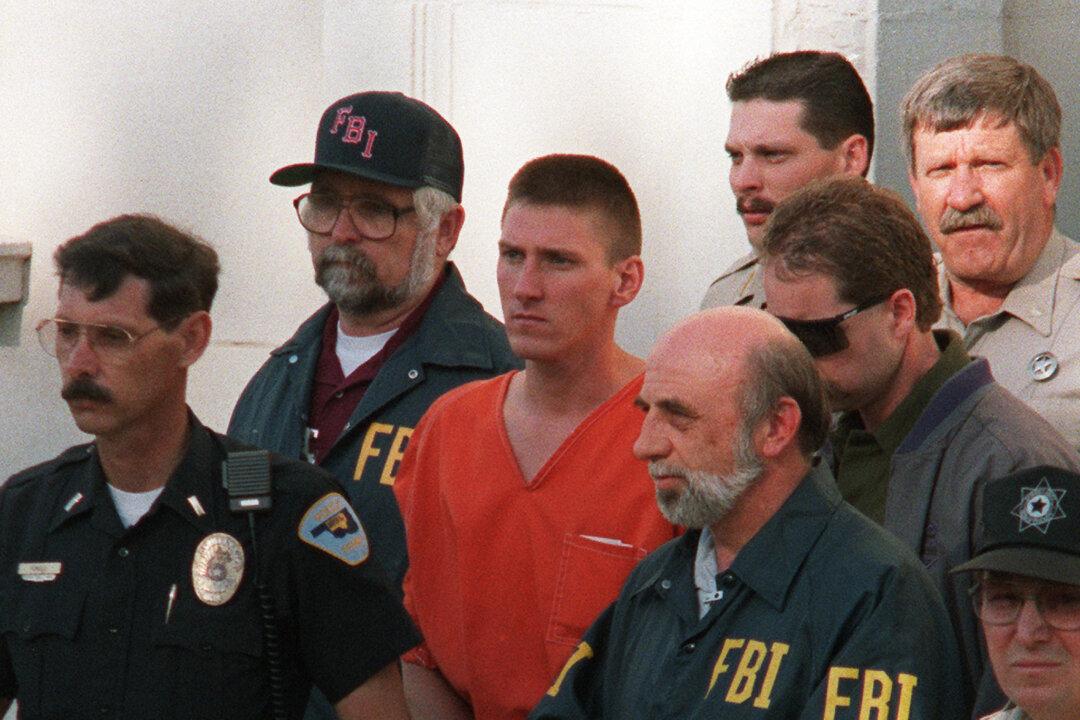The University of Texas–Austin has removed a trove of records about Oklahoma City bomber Timothy McVeigh from online archives at the request of a person named in the documents, according to an archivist at UT Austin.
Donated by and named after McVeigh’s lead defense attorney, the Stephen Jones Oklahoma City Bombing Archive comprises some 1 million records at UT Austin’s Briscoe Center for American History. Documents range from routine court filings to bizarre internal memos from McVeigh’s defense teams discussing his belief that the government implanted a microchip in him.




